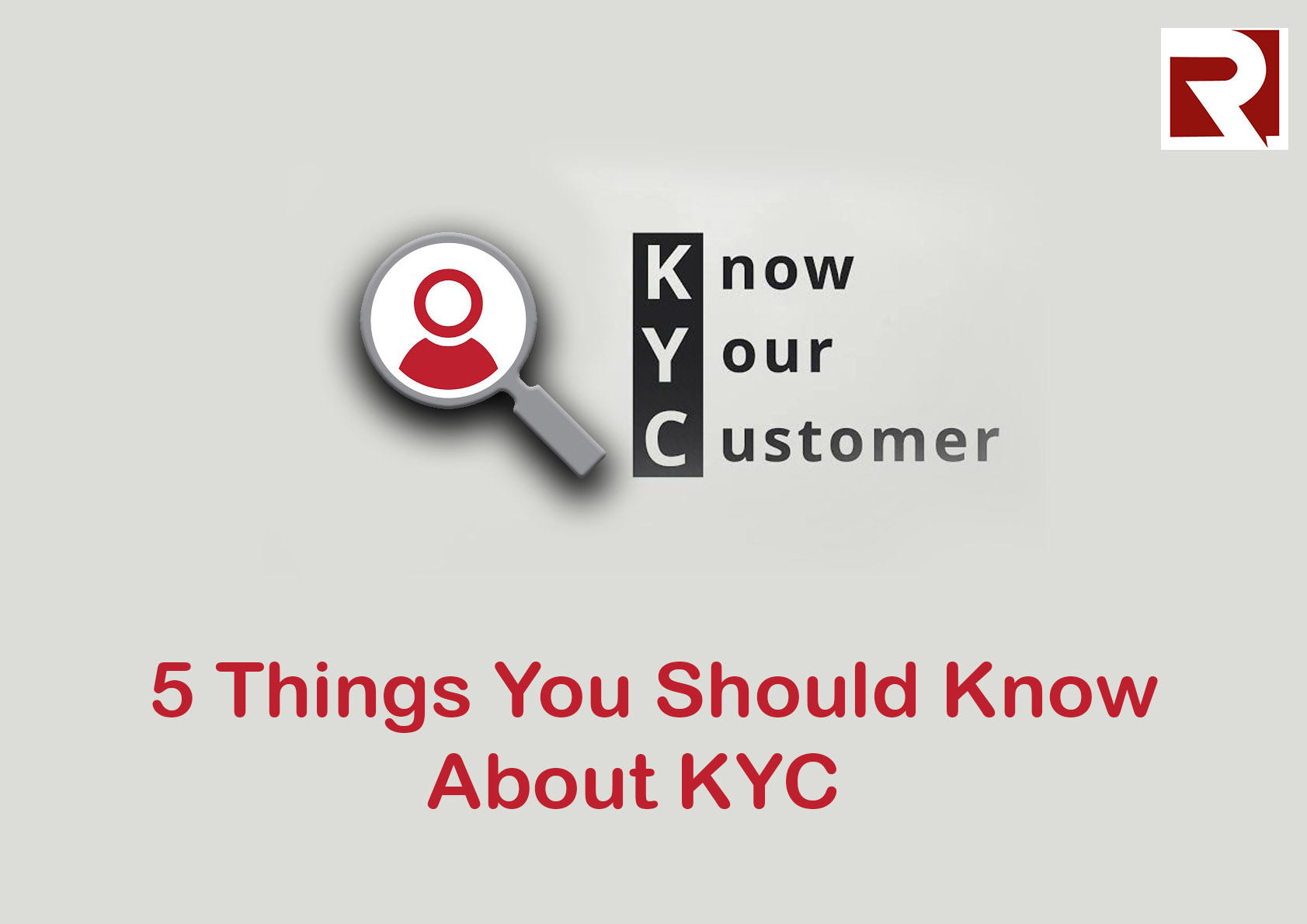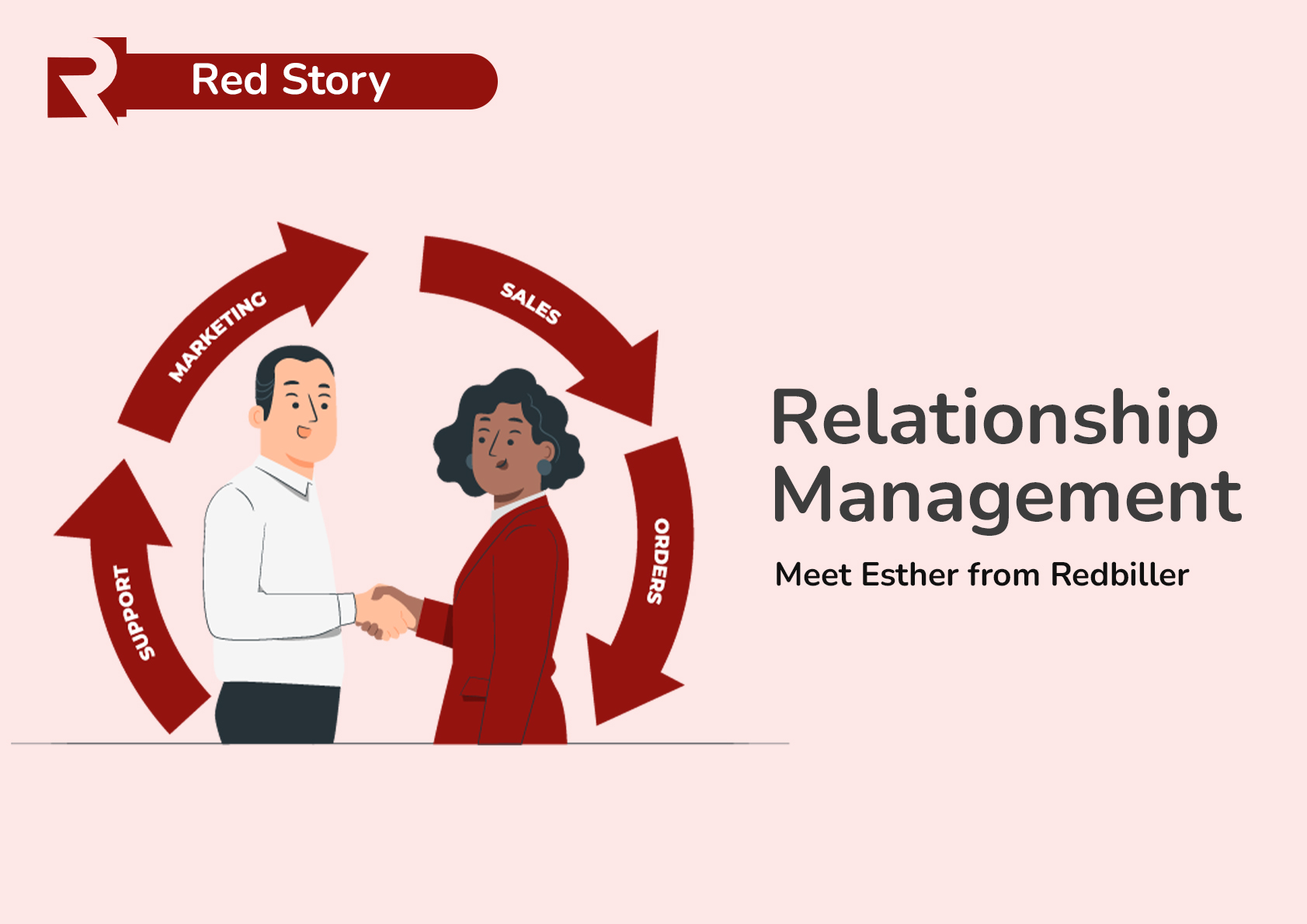KYC stands for Know Your Customer, and the definition is in the name. As your business grows and expands, it becomes harder to know your customers personally and keep up with what they are doing. But this does not in any way excuse not knowing your customers. Verifying your customers' identity is a principal part of protecting your business from fraud and liability. However, it doesn’t end there. Here are five things you should know about KYC.
KYC does not violate customers privacy: technology has made it possible to reach everywhere in the world from the comfort of your mobile device. Unfortunately, this also means anything about you can reach everyone everywhere as long as it is available online. And this can be used as an advantage over you and the people who care about you. It has made many people extra careful about the information they give out and to whom they give it. Violation of privacy is a red flag for many people and can ruin a business.
However, KYC verification is all about ascertaining that a person is who they say they are. It does not reveal private information to the public nor use this information without permission. It does not in any way infringe on the privacy rights of customers.
KYC is legal: a business cannot be sued or penalised for carrying our KYC on its customers. KYC is backed by the law. And it is not only for business. Identity verification is also done by various organisations, profit and non-profit, to ensure that the information a person provided about themselves is true.
However, there are legal bounds within which KYC must be done. People cannot be coerced into giving personal information. People cannot be coerced into giving information about others, and collected information cannot be shared with a third party.
KYC is a legal requirement: KYC is not just legal but is a legal requirement in certain industries. Banks must carry out a level of KYC on every customer before opening an account for them. Fintech companies must carry out KYC on all their customers. Failure to do so will attract a penalty from regulatory bodies and can even result in the suspension of license.
KYC is continuous: there is no end to knowing your customers. While you might have conducted a level of KYC that allows you to transact with them, a bigger transaction would require an advanced/added level of verification.
KYC is for every business: there is this widespread misconception that KYC is just for the finance industry. Well, it is not. A level of KYC is necessary for every business to protect their business from fraud and the liability of being an accessory to a crime.
However, KYC is not the same for every business. For a Nightclub, KYC is as simple as asking to see a person’s ID card to be sure they are of legal age and allowed to take alcohol. Whatever it is for your business, make sure it is within legal bounds and is solid enough to protect your business from fraud and liability.



